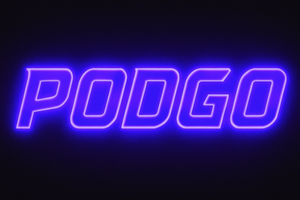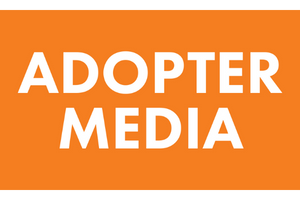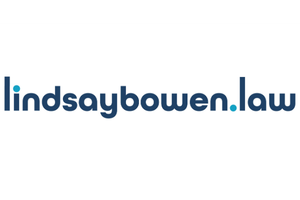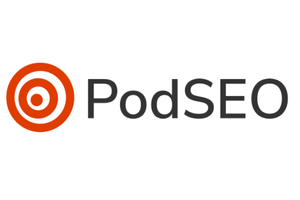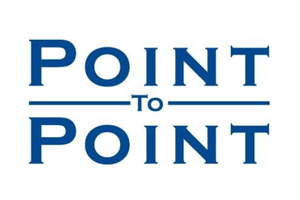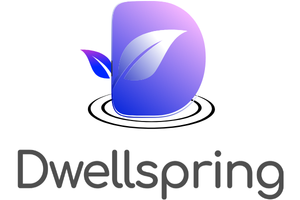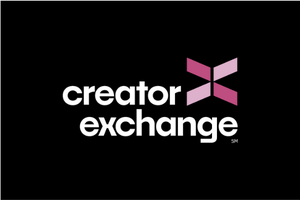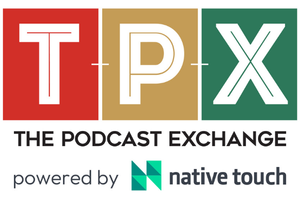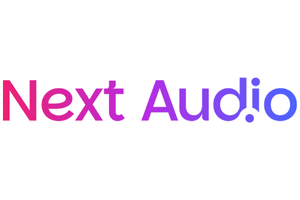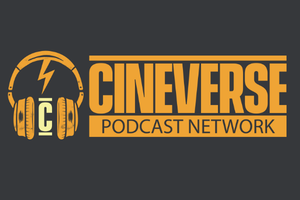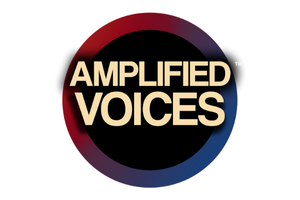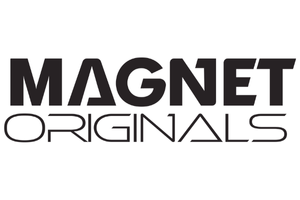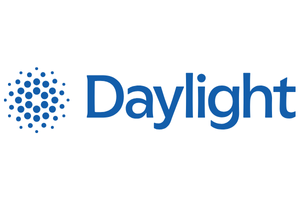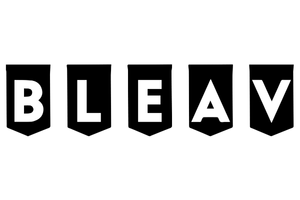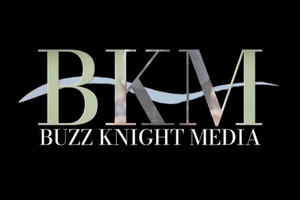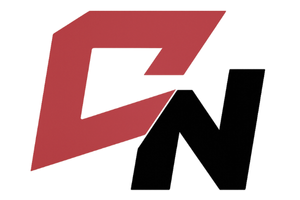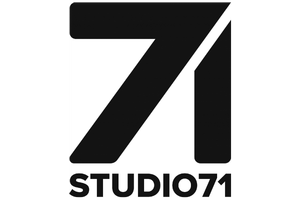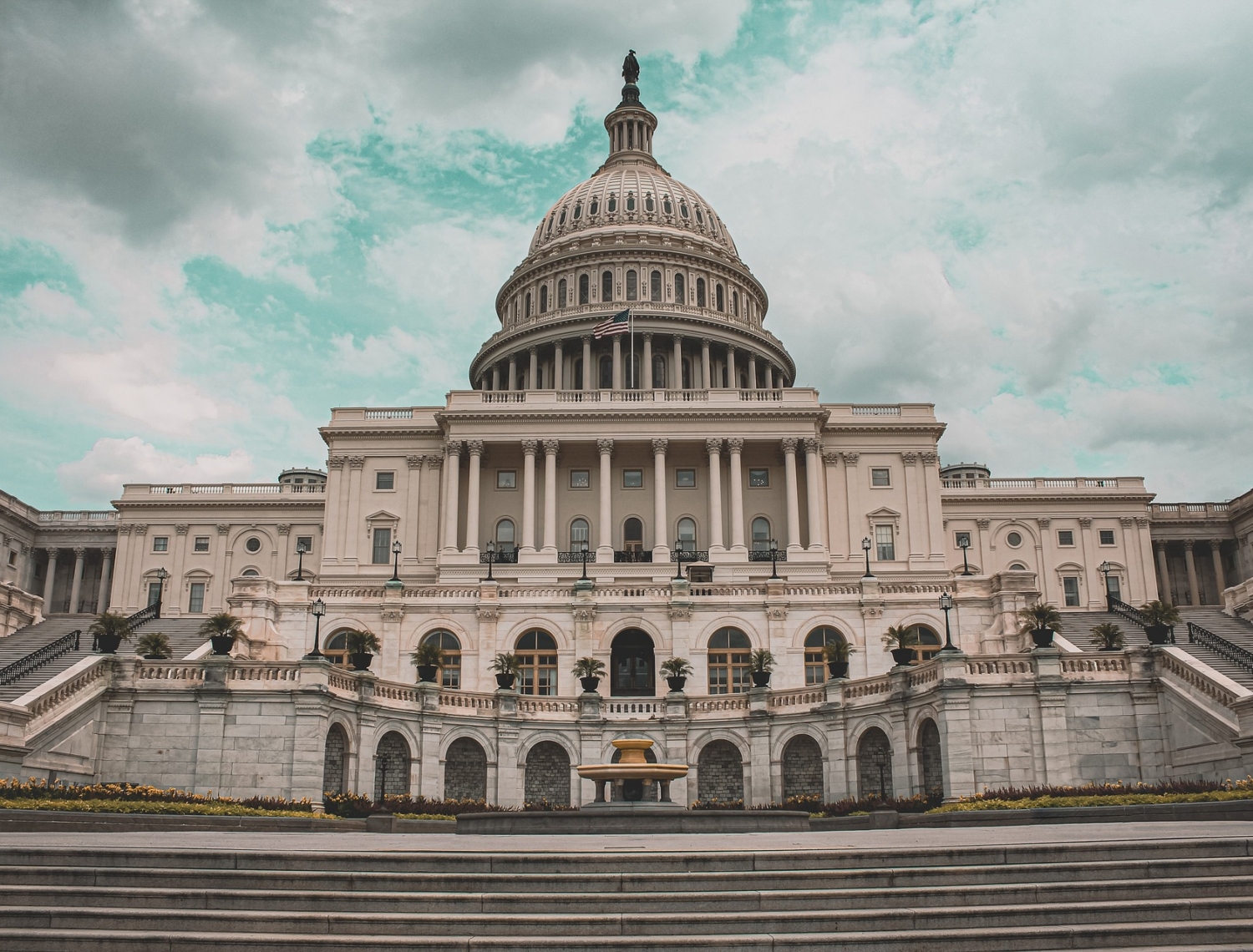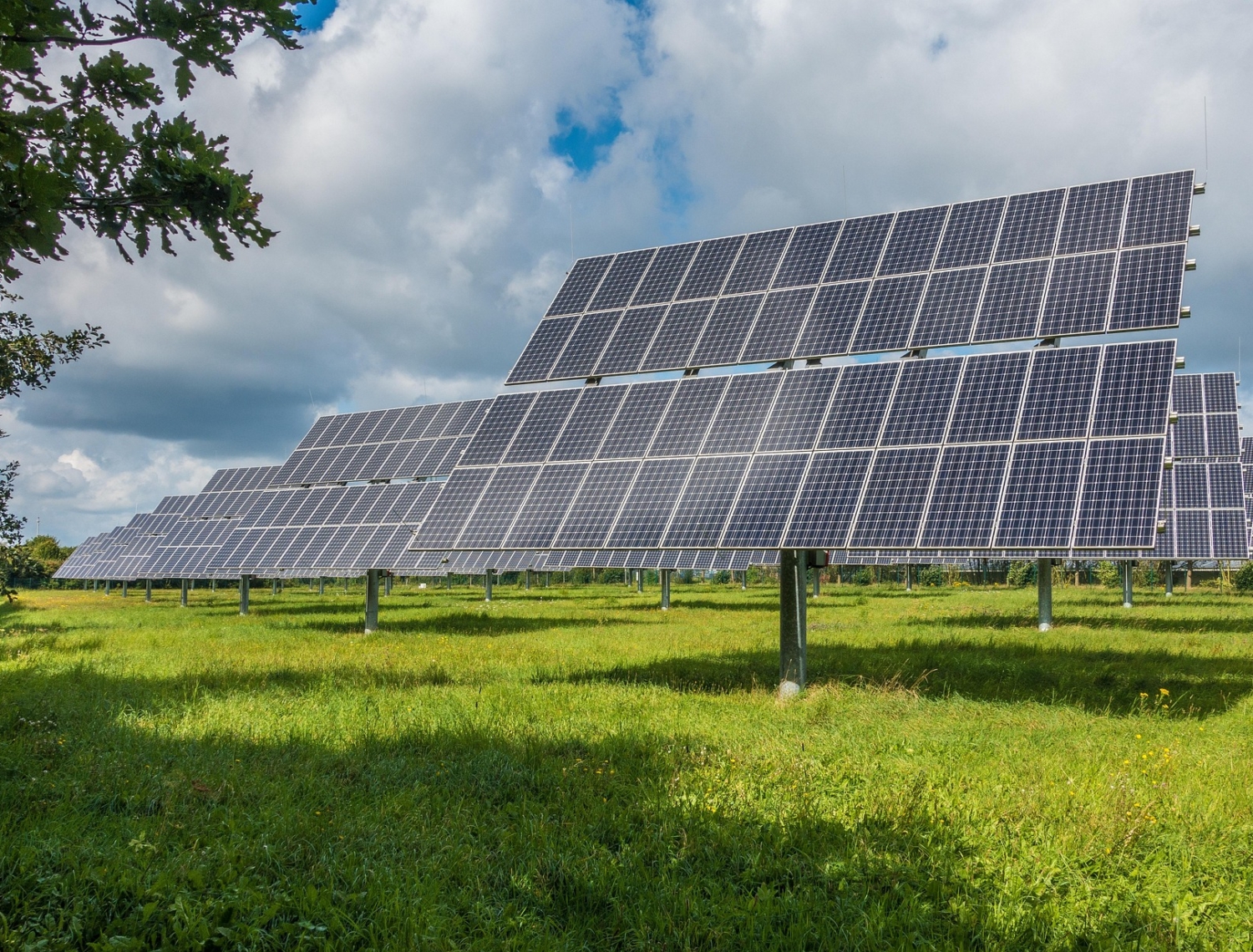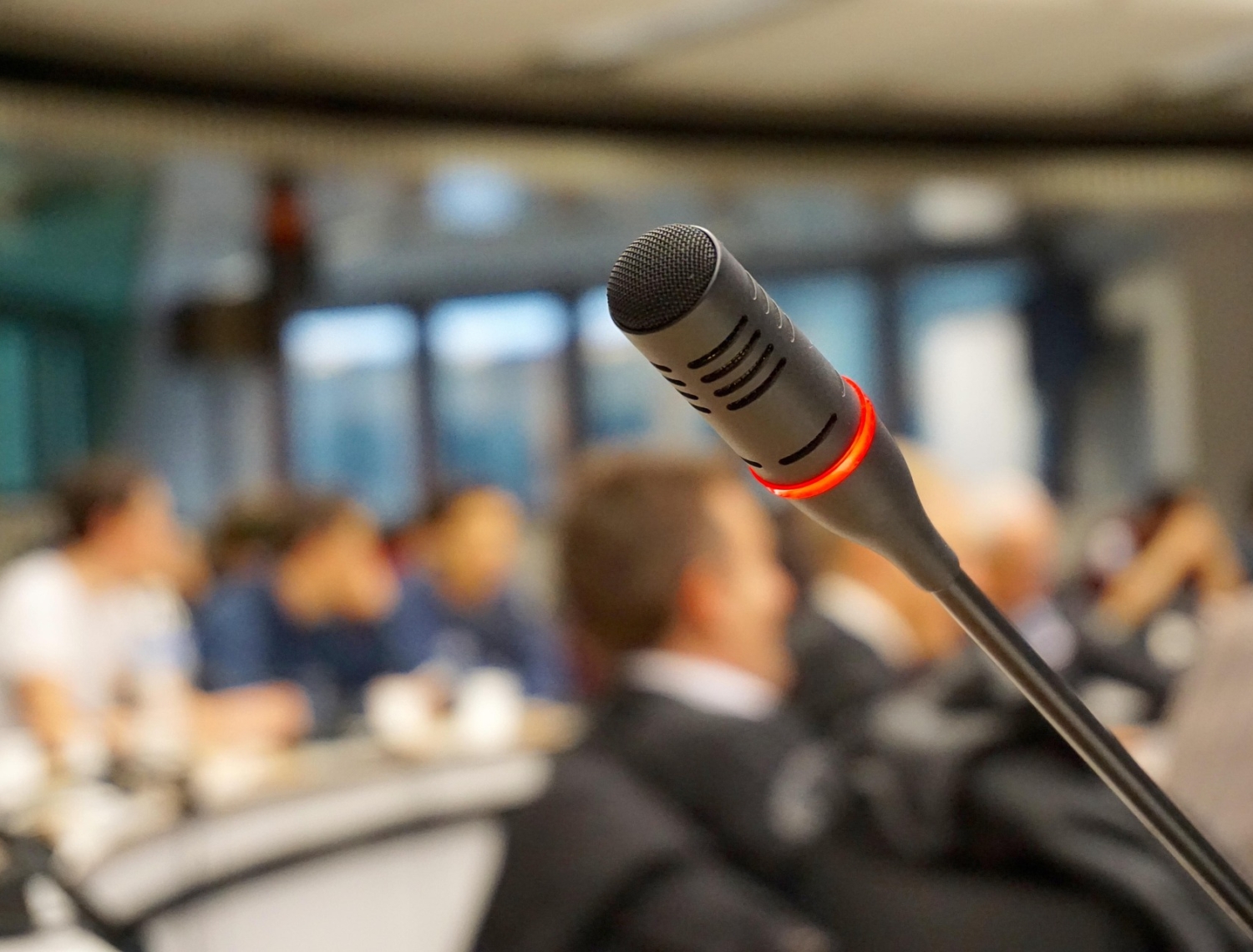Every six months Magellan AI and Sounds Profitable regroup to add new companies and update existing entries in The Podscape. From hosting platforms to ad agencies, the Podscape acts as a living document snapshotting the business of podcasting. The Summer Update is coming up soon, and the new submission form is live now. Get your submissions in by end-of-day, Friday, June 20th.
I’ve spent over two decades parsing advertising effectiveness data across every conceivable medium, and every so often I come across a dataset that makes me sit up and take notice. The latest data from our upcoming Advertising Landscape report, on Trust and Attention, delivered exactly that moment—not just because podcasting performed exceptionally well (though it did), but because of how it performed, particularly when we examine the gender dynamics that reveal something profound about attention in our medium.
Let’s start with the headline: 86% of ad-supported podcast listeners recalled seeing or hearing an advertisement in the past week. That’s not just a robust number—that’s the highest recall rate of any measured ad-supported medium in this study. But as I’ve learned over the years, the real story in any dataset isn’t always the top-line number—it’s what happens when you start slicing the data and asking better questions.
The Gender Gap That Doesn’t Exist
Here’s what stopped me in my tracks: podcasting has essentially no gender gap in advertising recall. Male podcast listeners clocked in at 86% ad recall, while female listeners hit 85%. That’s a one percentage point difference—not a gap, but statistical noise so small it might as well be a rounding error.

Now, before you shrug and move on to the next paragraph, let me explain why this should make every advertiser and podcaster sit up and pay attention. Look at what happens across virtually every other measured medium:
AM/FM Radio: 86% male vs. 75% female (11 point gap)
Streaming AM/FM: 83% male vs. 65% female (18 point gap)
Network/Cable TV: 85% male vs. 80% female (5 point gap)
X/Twitter: 70% male vs. 63% female (7 point gap)
YouTube: 78% male vs. 73% female (5 point gap)
Reddit: 73% male vs. 49% female (24 point gap!)
These gaps aren’t accidental—they reflect different consumption patterns, attention levels, and engagement behaviors that have been documented across decades of media research. Radio shows massive male bias in ad recall. Social platforms like Reddit and Threads show dramatic gender skews. Men and women consume media differently, pay attention differently, and recall advertising differently.
Except in podcasting. Podcasting seems to have cracked the code on something that has eluded virtually every other medium: equal engagement across gender lines. This gender parity in recall isn’t just a fun statistical oddity—it’s a window into something fundamental about how podcasting works as an advertising vehicle. When men and women are equally likely to remember the ads they encounter in podcasts, it suggests that the medium itself is creating consistent conditions for attention regardless of the listener’s gender.
Think about what this means practically. If you’re a brand trying to reach both men and women (and let’s be honest, most brands are), podcasting offers something genuinely unique: a medium where your message is equally likely to break through regardless of which half of the population you’re trying to reach.
The Female Factor: Podcasting’s Secret Weapon
But here’s where it gets even more interesting. While podcasting achieves gender parity, that 85% recall rate among female podcast listeners deserves its own spotlight. Not only is this figure nearly identical to the male rate, but it significantly outperforms female ad recall across almost every other medium measured.
Consider these female recall rates across channels:
Podcasts: 85%
Network/Cable TV: 80%
Free TV Streaming: 76%
YouTube: 73%
Facebook: 67%
Instagram: 69%
Snapchat: 53%
Female podcast listeners are paying attention to advertising at rates that dwarf their attention to ads on platforms where they spend significantly more time. For advertisers who’ve struggled to reach women effectively across other channels, this should be a clarion call. Podcasting isn’t just reaching women—it’s reaching them when they’re engaged, attentive, and receptive to brand messages in ways that other media simply cannot replicate.
The 86% Solution
Of course, let’s not lose sight of the forest for the trees. That 86% overall recall rate places podcasting at the absolute top of the media hierarchy for advertising attention. In an attention economy where every medium is fighting for increasingly fractured and distracted audiences, podcasting has achieved something remarkable: it has preserved the ability to capture and hold human attention long enough for an advertising message to make a lasting impression.
This isn’t just about reach or targeting capabilities—though those matter. This is about creating an environment where advertising actually works, where messages break through, and where the fundamental transaction between content and commerce can happen effectively.
If you’re a podcaster, this data should reinforce something you probably already know intuitively: your audience is paying attention. Not just to your content, but to the advertising that supports it. That 86% recall rate—with its remarkable gender parity—is a testament to the engaged, attentive nature of podcast audiences. It’s something you should be proud to share with potential sponsors and something that justifies the premium that podcast advertising can command.
If you’re an advertiser, the message is even clearer. Podcasting offers something increasingly rare in media: an environment where your message has an excellent chance of being noticed and remembered, regardless of whether you’re trying to reach men or women. In a media landscape where attention is fragmented and gender-specific targeting often feels like throwing darts in the dark, podcasting offers clarity, consistency, and effectiveness.
The Anomaly That Isn’t
As we continue to navigate an increasingly complex media ecosystem, data like this reminds us why podcasting continues to grow as an advertising channel despite all the doom-and-gloom coverage about the medium. Yes, there have been some high-profile deals that didn’t work out. Yes, there’s been some consolidation and some layoffs. But none of that changes the fundamental truth revealed in these numbers: podcasting works.
The 86% recall rate isn’t just a statistic. It’s evidence that podcasting has managed to preserve something that many other media channels have lost: the ability to capture and hold human attention long enough for an advertising message to make an impression. And it does so equally well regardless of gender—something that should make every advertiser take notice.
In a world where that’s becoming increasingly rare, it’s worth celebrating. And if you’re not already thinking about how to leverage this unique strength of podcasting, maybe it’s time to start.
For more on attention, and some brand new cross-media data on consumer trust. I hope you’ll join us on Wednesday, June 4th, at 2 PM Eastern, for The Advertising Landscape Part Two – Trust and Attention. And if you missed Part One, on Reach, you can find a replay and the full report here!
New Partners
Sounds Profitable exists thanks to the continued support of our amazing partners. Monthly consulting, free tickets to our quarterly events, partner-only webinars, and access to our 1,800+ person slack channel are all benefits of partnering Sounds Profitable.
- Listener.com: analytics for modern podcasts & publishers.
- The Daily Wire is a producer of headline-generating news, hit podcasts, original entertainment, and a steady stream of viral memes.
- The Podcast Guys help their clients create podcasts to connect to their target audiences and shape narratives in their industry through creativity.
- Paul Street is an agency that focuses on performance PR, affiliate and influencer marketing for brands like HexClad, Dollar Shave Club, Liquid I.V and more.
Want to learn more about partnership? Hit reply or send us an email!





















